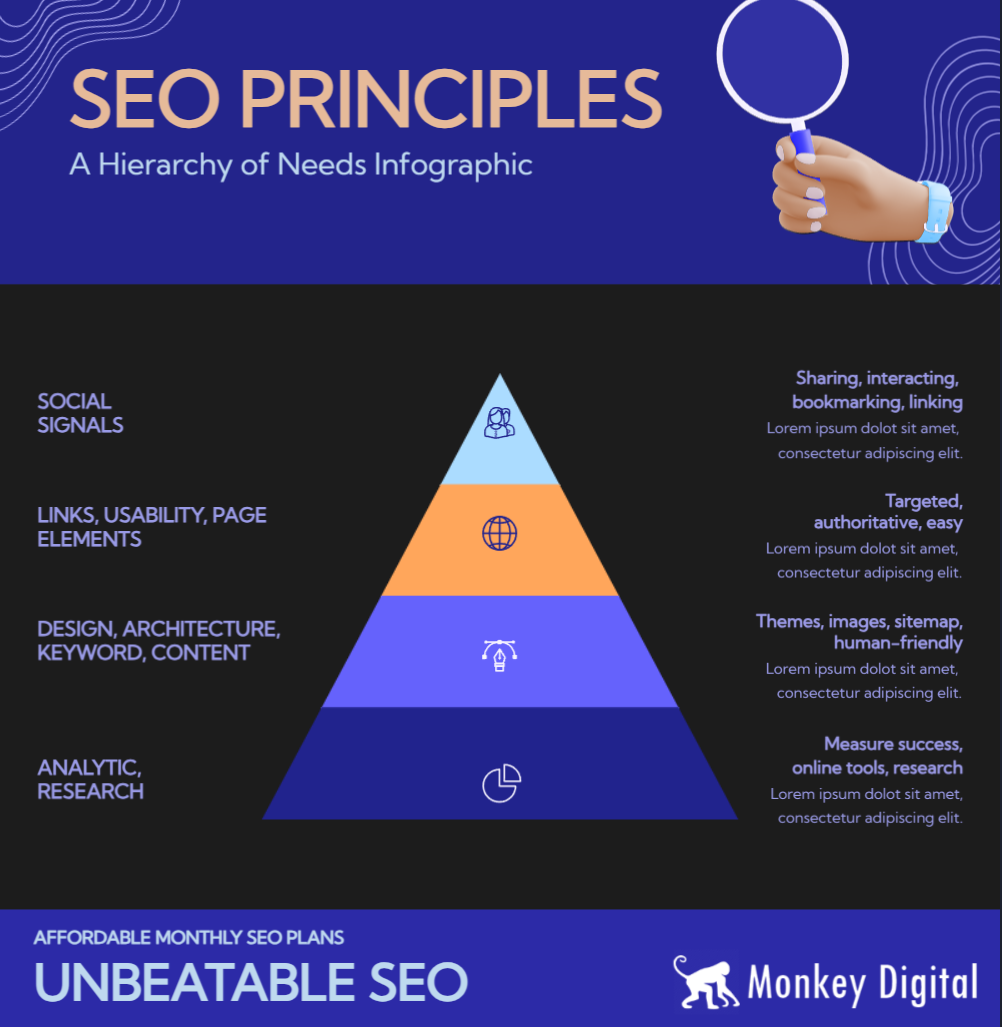Professional Course
9:30:00 PM
Certificate of Accounting Principles
The objective of this subject are to provide more theory and practice on accounting principle and focus on Accounting for Investing and Financing Activities, Accounting for Partnership and Corporations, and analysis of Accounting Information. After completing, this course provide a unique opportunity for the students to learn basic internal controlled principles that are applied in a business situation, understand how the internal controlled system affects organizational behavior, and how it provides safeguards to ensure accurate and timely reporting.
The course also provides the common business practice of selling receivables that is covered rather than the obsolete note discounting treatment found in most beginning accounting notebooks. In addition, it provides the basis concepts related to accounting for bonds, a good understanding of debt and equity securities in the context of the new fair value requirements. Finally, it provides analytical tool and theory on Financial Statement in order to evaluate the business performance.
















